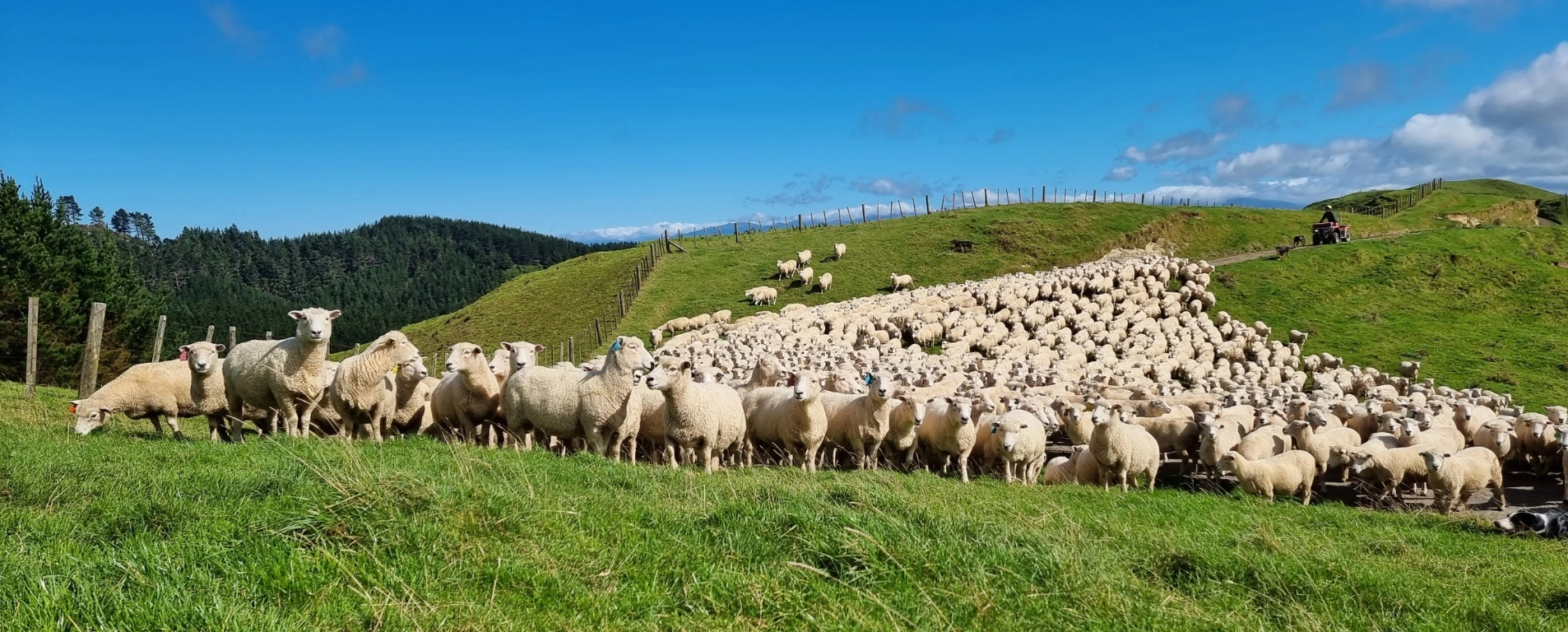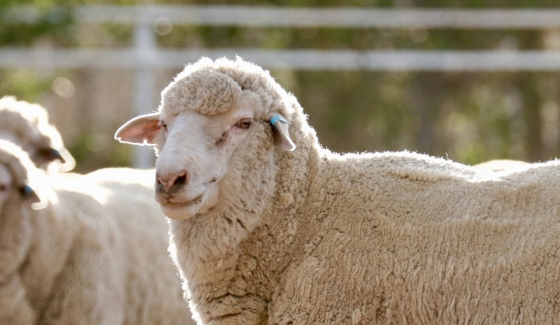
Maybe I am stating the obvious, but farmers are indeed humans that farm. The reason I am making this obvious statement is two-fold.
Firstly, for much of my career I have been involved in discussions, work shops and funding bids to improve the adoption rate of relevant research among farmers.
Secondly, media reports and activist escapades target farmers as some generic group of humans that are determined to ruin the environment and harm the animals under their care. These are two quite different topics and I will cover them separately. Firstly in this article, I will talk about technology adoption and in the next article I will discuss the activists. The point of these two articles is largely to stimulate thought and discussion. The purpose of these articles is also to reassure the great 'people that farm' that just like generic labelling of any group of humans, talking about farmers as a universal term is fundamentally flawed. The uptake of technology among people that do not farm I have been thinking in the last few days about my own uptake of technology, both in my personal life and in the neXtgen Agri business. I have also been thinking about the uptake rates among my (admittedly small sample size :-) of non-farming friends and family. My conclusion is that those of us who are not people that farm, are exactly the same as those that do. Some of us are the type that line up at the Apple Store to get their hands on the first release of a new product and some of us have an ever reliable flip phone that you can barely send a text on. Some of us have homes controlled by voice prompts and some of us don't have a microwave or a TV.
The reasons for these huge differences in technology uptake among people that don't farm, are, I propose, are exactly the same reasons for the same outcome in people that farm. Partly it is about awareness, some of us simply don't know about the latest products and knowledge and will only find out about them when they are very mainstream. It is also partly about need, all of us only go hunting for a solution when a problem or an opportunity has become clear.
While things are going along OK we stick with our tried and tested ways and don't go looking, but when things start frustrating you or you see a better way you investigate an alternative.
Partly it is about the dollars, if including a new technology in your life can save you money, then some people will get motivated to change. Partly, and I would say increasingly, it is about time, I don't know many people that feel like they don't have enough to do the things they want to do, and many are drawn to new solutions that improve the efficiency of tasks to free up some time (so that they can add extra things to take up that time!).
For the last 20 years, I have been involved in roles that are either associated with finding out new things on behalf of people that farm or involved with informing and coaching people that farm about the new things we have found. For all of that time I have been involved in discussions about how we achieve practice change and I have definitely been guilty of being frustrated with the lack of adoption of new technologies across the livestock industry. In the last few years, I have been increasingly exposed to, and interested in the world of Agtech and I hear the same frustrations of technology companies that struggle to get uptake of their products with farmers. I also hear that farmers are overwhelmed by their choices in new technologies and research outcomes and are, it would seem, paralysed by all of this choice and opportunity.
The reality is that the uptake of new things is the same amongst people that farm and people that don't farm. Once we are aware of some new technology, we will assess it based on whether it is of interest to us in a broad sense, whether it is going to save us time, save us money, make us money or enrich our life in some way. If it gets past this first gate, we will investigate it and quickly determine whether the complexity of taking up the new technology is outweighed by the perceived size of the pay back to us in enrichment, time or money. It is essentially a game of risk versus perceived reward, and we are hardwired to quickly make judgments on the risk v reward of every decision we make. Change is an uncomfortable thing for all (most) humans because it involves taking a risk without a known outcome and to make a change we seek information and reassurance that the outcome is likely to be sufficiently positive to warrant the risk. It is easy to assume that people that farm don't want to change, but I believe like all people, those that farm are keen to do things that enrich their life in some way and the problem is with both the quality and communication of new technologies.
If a new technology or research outcome doesn't have a clear value proposition (i.e. can not clearly and obviously enrich the life of the potential user) than people, whether they farm or not, will not be sufficiently interested to investigate the risk v reward ratio of the decision. Generic education campaigns, technologies developed by people who don't understand agriculture, industry roadshows and the like all largely fail to bring about a change in behaviour among people that farm. This is not because people are not willing to change, it is because either the technology isn't relevant or isn't sufficiently interesting to the individual needs of the people that farm, that it is targeting. When I hear that farmers are overwhelmed with information or that they don't want to change, what I hear is that the potential for life enrichment of a new technology or research outcomes is either not there or has been poorly articulated. People that farm, like our fantastic members, are willing to change and have clearly demonstrated this, but like all humans, will approach a potential change with a degree of healthy scepticism. It is up to developers of new technologies and those that fund and investigate new management techniques to intimately understand the needs and drivers of people that farm so that they develop things that will enrich the lives of those people and therefore will warrant the investment in their development.









